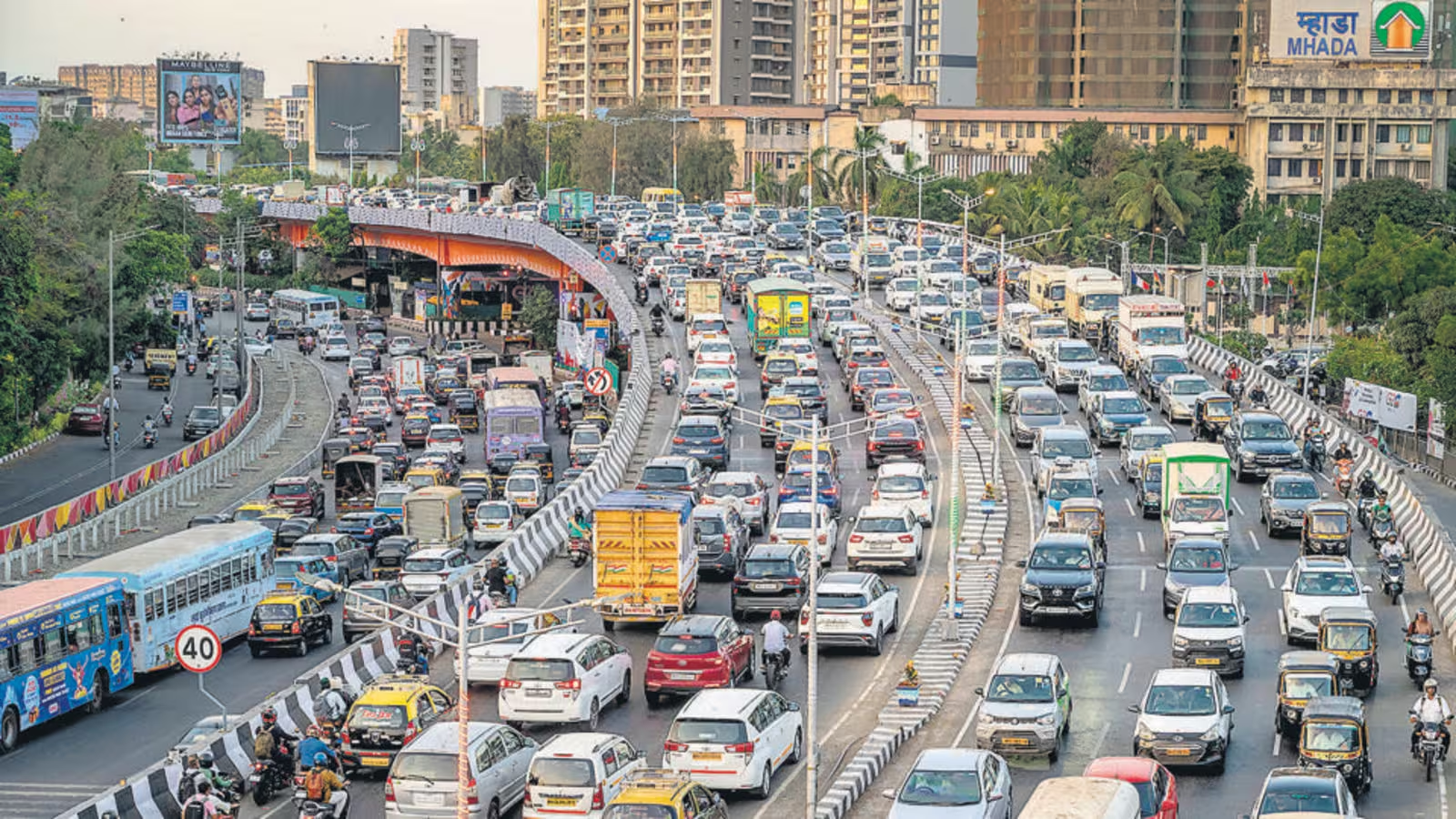Traffic violations are a common occurrence for drivers, but what if the penalty you face isn’t the one issued by the authorities? A cunning new scam has emerged, preying on unsuspecting citizens and turning a simple traffic challan into a financial nightmare. This scam, known as the Vahan Parivahan phishing scam or the e-challan scam, utilizes the fear of traffic violations to steal personal information and drain bank accounts.
The scam operates through a seemingly innocuous SMS message. It lands on your phone, delivered with a sense of urgency. The message claims you have a traffic violation and provides a convenient solution: a link to pay the fine or download the “Vahan Parivahan app” to view the challan details. Here’s where the trap lies. Clicking the link or downloading the app triggers a series of events designed to compromise your security.
The link, cleverly disguised, leads you to a fake website. This website may look strikingly similar to the official government portal, complete with logos and official-looking layouts. Unaware of the deception, you proceed to enter your details, such as credit card information, Aadhaar number, and login credentials, to “pay the fine” or access your challan information. However, this information isn’t being processed for a legitimate transaction. Instead, it’s being siphoned away by the scammers behind the facade.
The “Vahan Parivahan app” is another deceitful tactic. Once downloaded, the app acts as a Trojan horse, appearing harmless but harboring malicious code. This code, known as malware, silently operates in the background, stealing your personal information as you use your phone. Bank account details, login credentials for other online accounts, and even passwords can be compromised by this hidden software.
The consequences of falling victim to this scam can be severe. Financial losses can occur through unauthorized transactions on your bank accounts or fraudulent online purchases using your stolen credit card details. Additionally, compromised login credentials can lead to further breaches of your online accounts, exposing even more sensitive information.
So, how can you protect yourself from this cunning scam? The key lies in vigilance and a healthy dose of skepticism. Here are some crucial steps to remember:
- Never click on links embedded within SMS messages claiming traffic violations. These links are designed to deceive you and lead you to a phishing website.
- Always verify any e-challan notifications independently. Visit the official government website for traffic violations in your state. These websites typically have a “.gov.in” extension in their address.
- Contact your local traffic police department if you receive an SMS about a traffic violation. They can verify the authenticity of the challan and provide you with legitimate payment options.
- Be cautious of unknown websites. Before entering any personal information online, double-check the website address for authenticity. Look for the “.gov.in” extension for official government websites.
- Do your research. If you’re unsure about a website’s legitimacy, take a moment to research it online. User reviews and security reports can offer valuable insights.
- Avoid downloading apps from unknown sources. Stick to official app stores when downloading applications to your phone.
By following these steps, you can significantly reduce your chances of falling victim to the Vahan Parivahan phishing scam. Remember, a little caution can save you a lot of trouble. Don’t let a fake challan turn into a real financial penalty. Stay vigilant and protect yourself from online scams.




